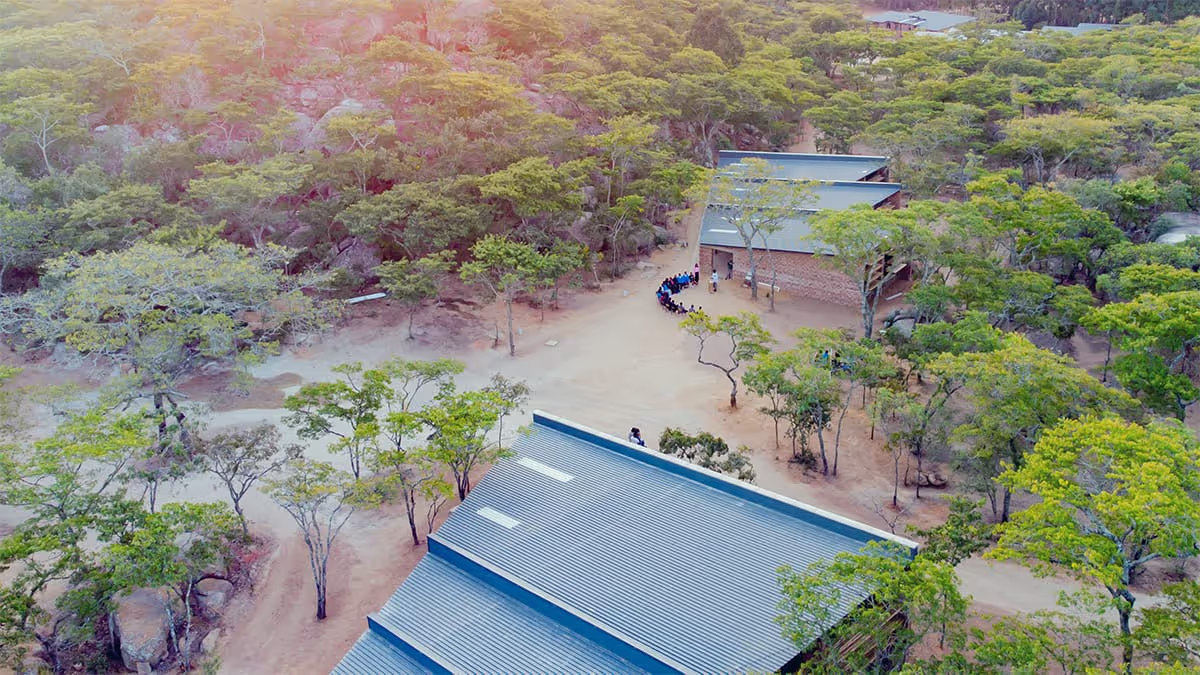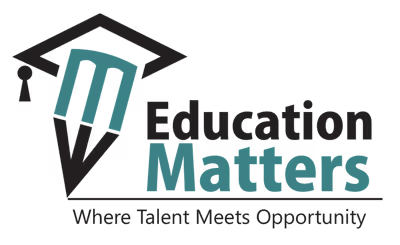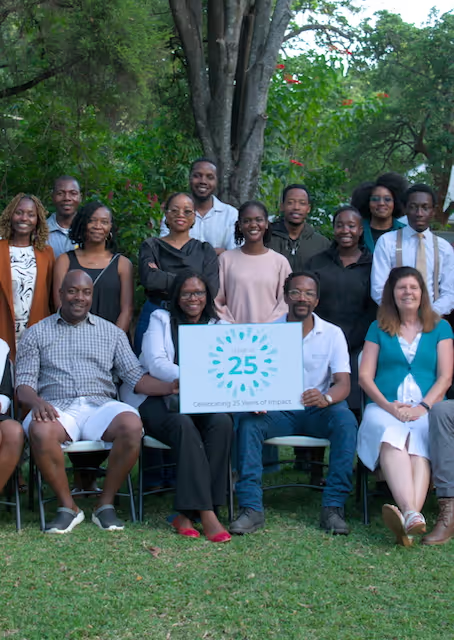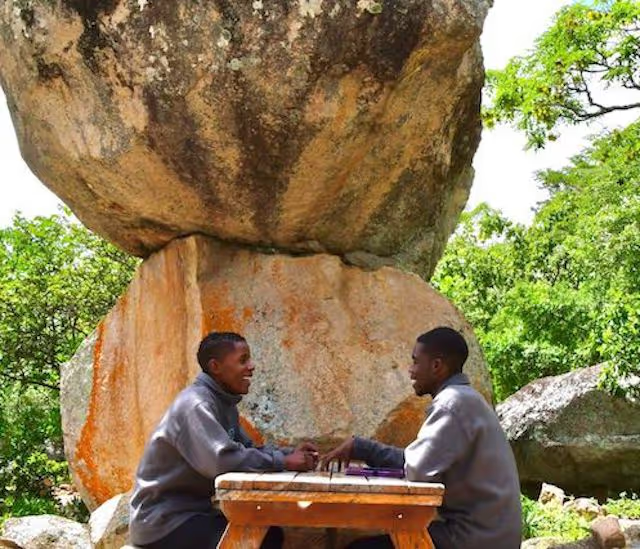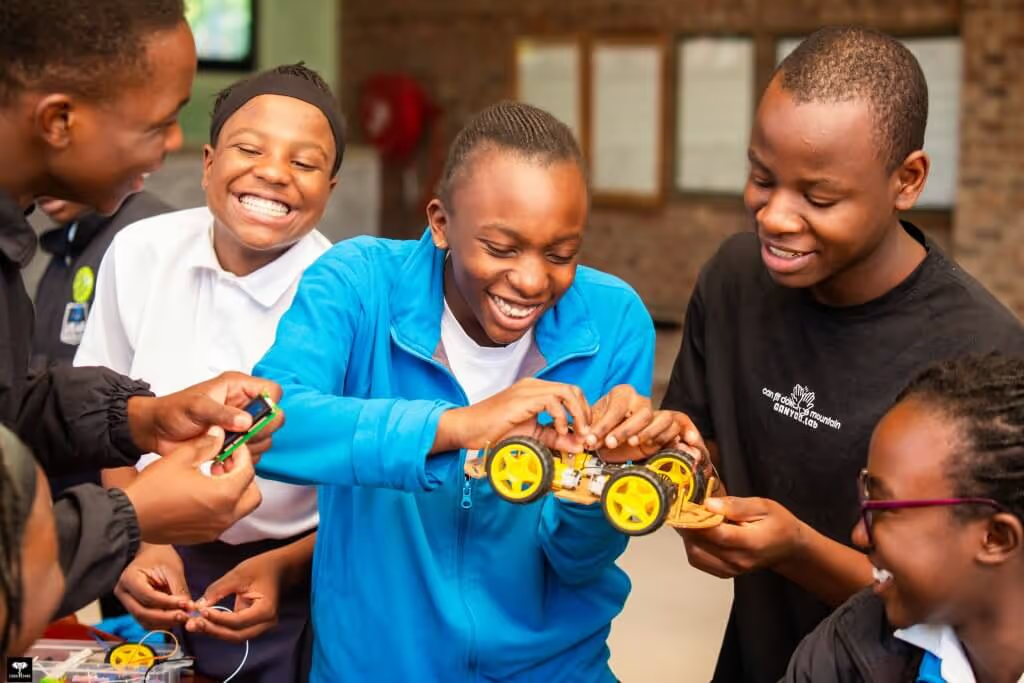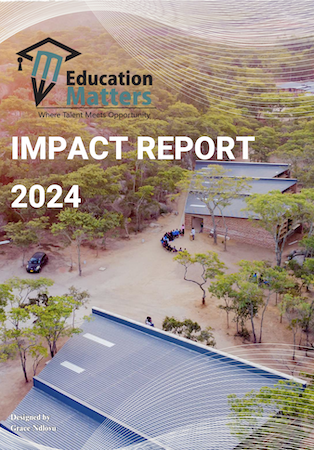What drives Education Matters?
Our Mission
To provide high-achieving, low-income students with transformational education and access to global opportunities that will promote positive impact in Africa.
Our Vision
Empowered youth in Zimbabwe leading lives of purpose and positive impact for themselves, their families, and communities across Africa.
Our Achievements Speak Volumes About Us
Join us in making a difference. Our community impact is measurable and profound.
Awarded in Scholarship Funds to USAP Community School Students
Hours contributed by 9 Capstone Fellows in 6 months of community impact in 2025
Students Enrolled in the USAP Program Since 2000
Zimbabwe Career Connect (ZCC) Internships Awarded Since 2016
Scholars at USAP Community School Since 2020
Of Education Matters/USAPCS Employees are USAP/ZCC Alum
Honors & Awards
Our organization has been recognized for its outstanding contributions to education, receiving numerous accolades for its innovative approaches and impactful programs.
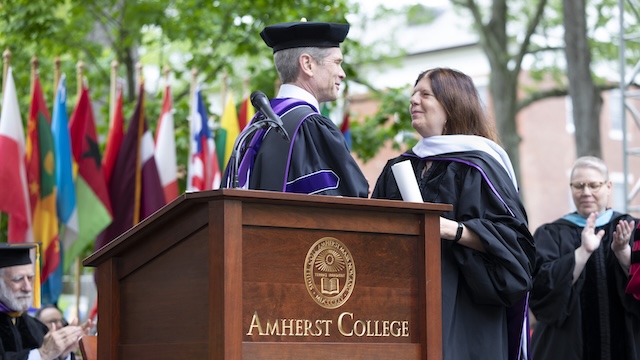
Amherst College Honorary Degree

World’s Best School Award
-min.png)
USAP Community School Awarded the PIEoneer award for Secondary School Innovation
Our Initiatives
Explore how Education Matters supports youth in Zimbabwe through community, education, and opportunity.
USAP at 25
Celebrating 25 Years of Transformative Education

Meet our team
Welcome to our team page! Stay tuned to learn more about each member's unique contributions and expertise!
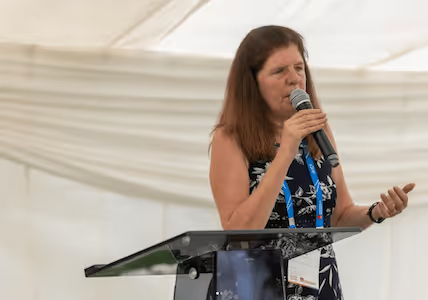
Partnerships
Learn about our programs partners.
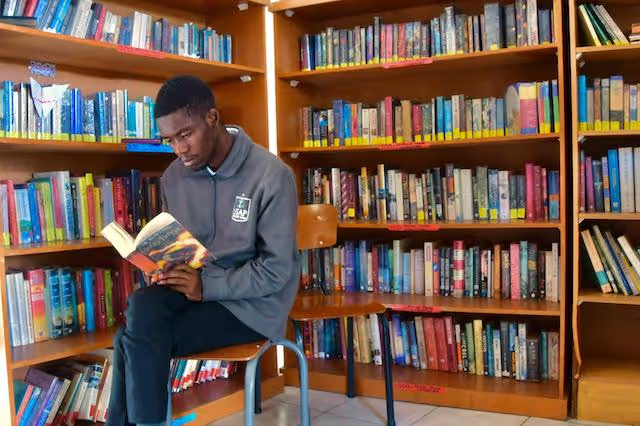
Updates & Insights
Keep up with the latest news, press and insights from Education Matters.

Contact Us
Do you have questions about our programs, our team or community?

Insights and Updates
Stay informed with our latest articles.
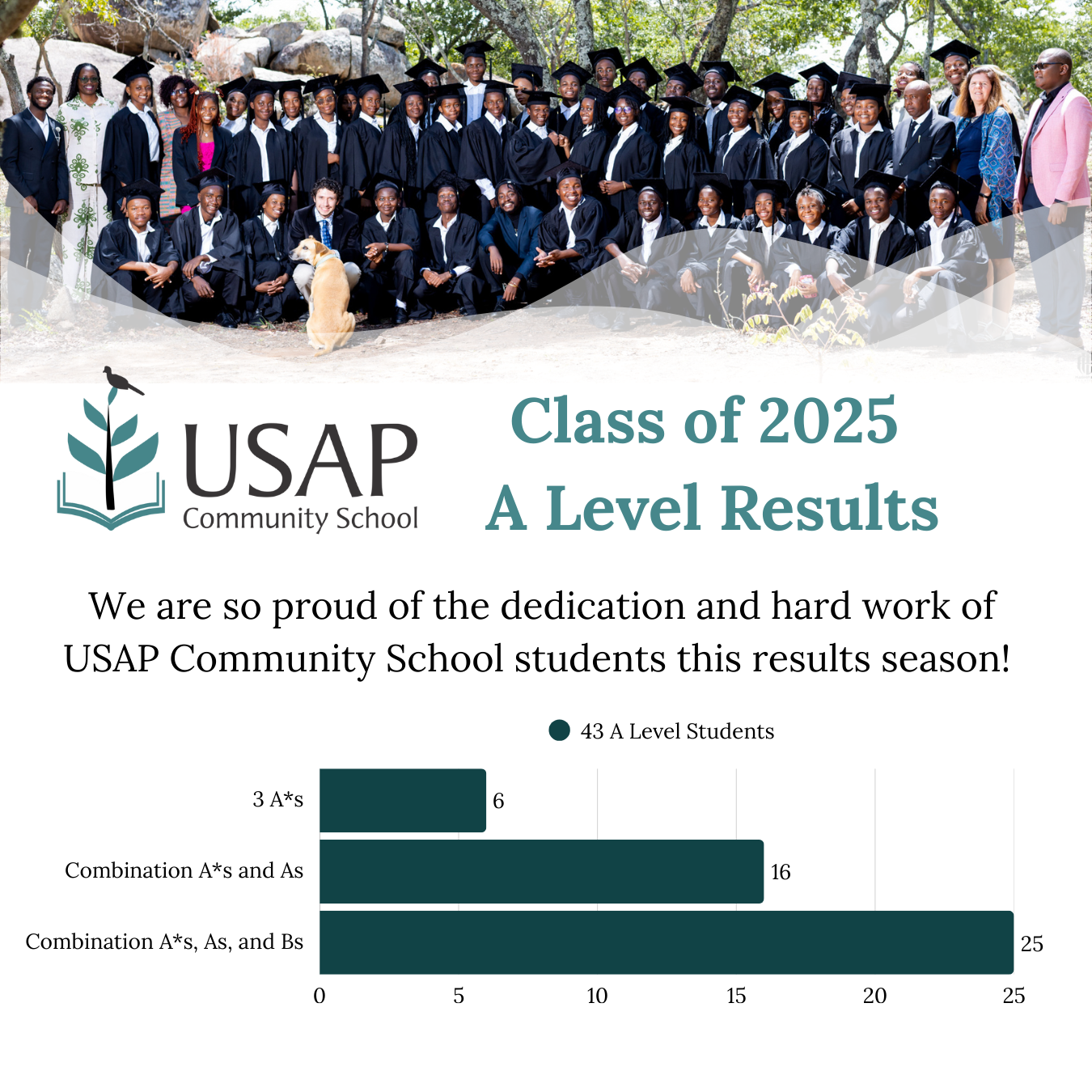
USAP Community School Students Excel: 2025 A and AS Level Cambridge Exam Results.
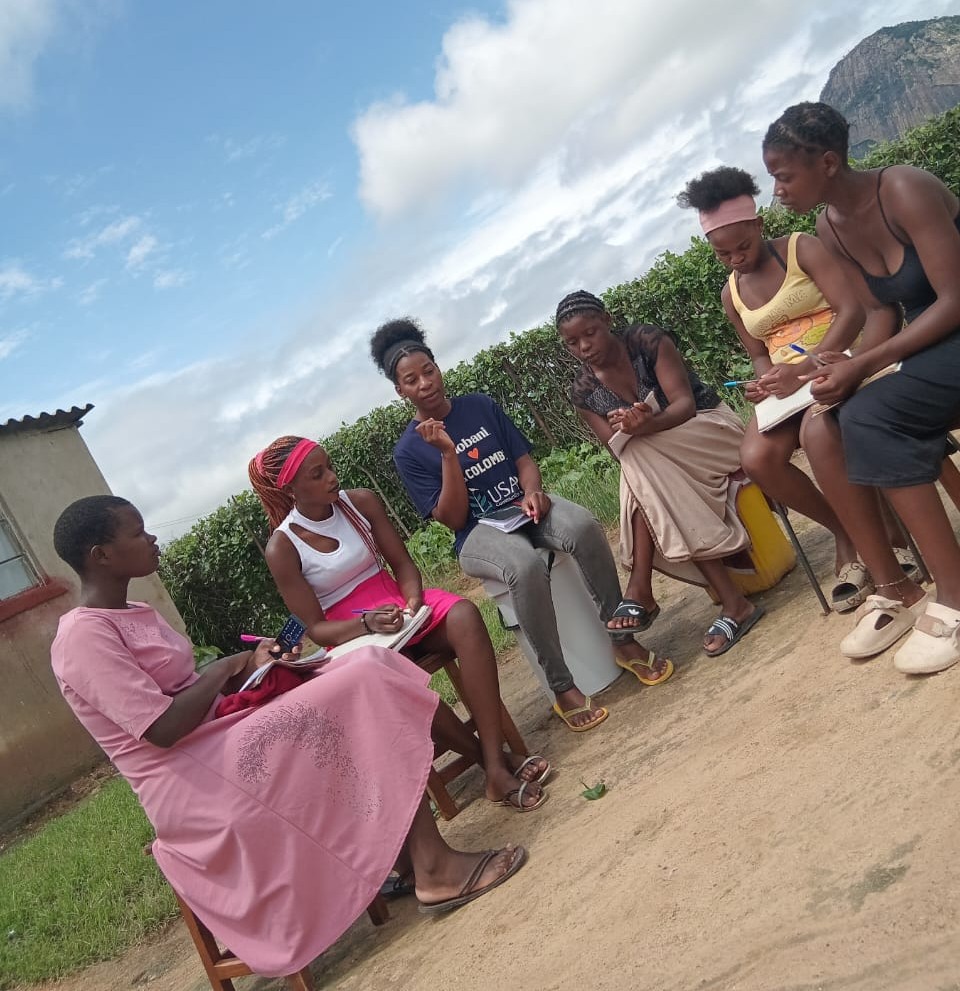
2026 Capstone Fellowships in Full Swing!
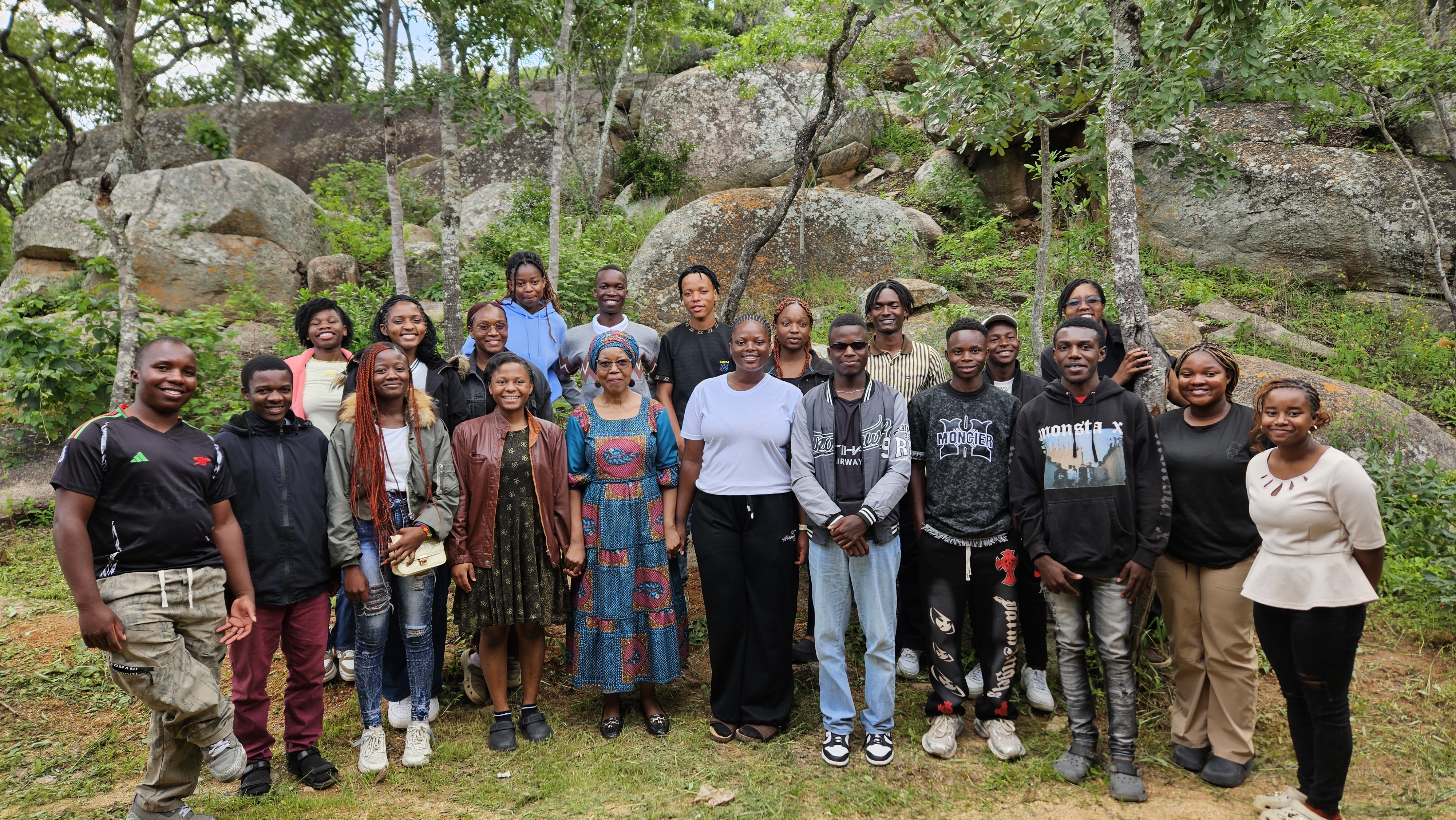
Zimpact Schools Initiative Launch Retreat 2026
Special Thank You to Our Partners
We extend our heartfelt gratitude to each partner who has supported our students and team throughout this journey. From sponsoring entire communities and developing infrastructure projects to hosting interns and employing our graduates, there are numerous ways to contribute. We especially acknowledge the companies that excel in their fields while also making a positive impact.




Join Us in Making a Difference
Your support can transform lives. Donate to Education Matters via Global Giving and help us provide quality education to high-potential students in underserved communities.
